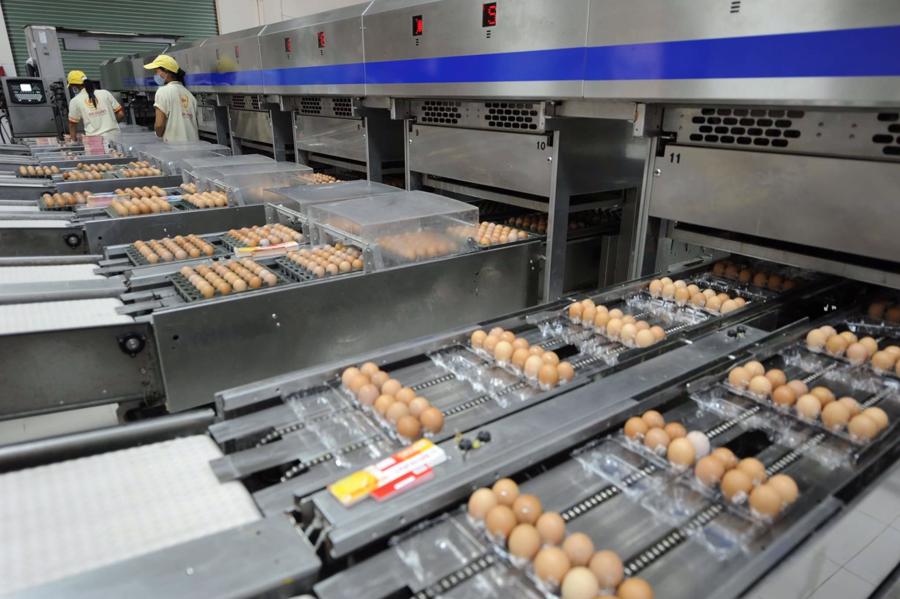The Trump administration is planning to import eggs from Turkey and South Korea while negotiating with other countries in an effort to lower record-high prices for American consumers, officials have confirmed.
This plan was introduced after the administration announced a $1 billion (£792 million) support package to combat a severe avian flu outbreak, which has forced American farmers to cull tens of millions of chickens.

Although President Trump had pledged to lower prices during his election campaign, egg prices have surged by over 65% in the past year and are projected to rise by another 41% in 2025. The main reason for this increase is the ongoing crisis caused by avian flu, which has significantly driven up costs. This inflation has also triggered other disruptions, including theft—100,000 eggs were reported stolen from a U.S. grocery store.
Agriculture Secretary Brooke Rollins stated that the U.S. Department of Agriculture (USDA) is also negotiating with other countries to secure additional supplies, though she did not specify which regions are being considered.
Does Vietnam Have an Opportunity to Export Eggs to the U.S.?
While the U.S. is scrambling to source eggs from international markets, Vietnam is experiencing an oversupply of eggs after the Lunar New Year holiday. Domestic egg prices have dropped significantly due to weak demand, severely impacting local businesses.
However, according to Mr. Truong Chi Thien, CEO of Vinh Thanh Dat Food Company (V.Food), exporting fresh eggs is not a viable solution despite domestic market difficulties. The reason is that fresh egg exports require compliance with a series of stringent international certifications, which Vietnam has yet to meet. In fact, even after Singaporean partners inspected Vietnamese farms and confirmed that their egg quality met required standards, fresh egg exports to Singapore have not materialized.
Instead, Vietnamese businesses are shifting their focus to processed egg products such as liquid eggs and pasteurized eggs. These products not only have an extended shelf life of 4-6 months but are also eligible for export to demanding markets.
Lessons from South Korea – A U.S. Egg Supplier
South Korea, one of the countries currently supplying fresh eggs to the U.S., previously faced soaring egg prices due to an avian flu outbreak. However, it swiftly recovered production and met U.S. export standards.
Vietnam could take inspiration from South Korea’s approach, but rather than concentrating solely on fresh eggs, domestic companies are prioritizing processed egg production for export. In fact, V.Food successfully shipped its first batch of liquid eggs to South Korea in 2024 and is now preparing to expand its market reach.
Although the U.S. is seeking imported egg supplies, Vietnam faces challenges due to quality certification barriers, preventing fresh egg exports. However, the processed egg sector presents a more promising opportunity, enabling Vietnamese businesses to alleviate domestic market pressures while penetrating the global market. With continued investment in processing technology and improved standards, Vietnam has the potential to become a major supplier of processed egg products to the U.S. and beyond in the future.
Source: https://www.bbc.com









